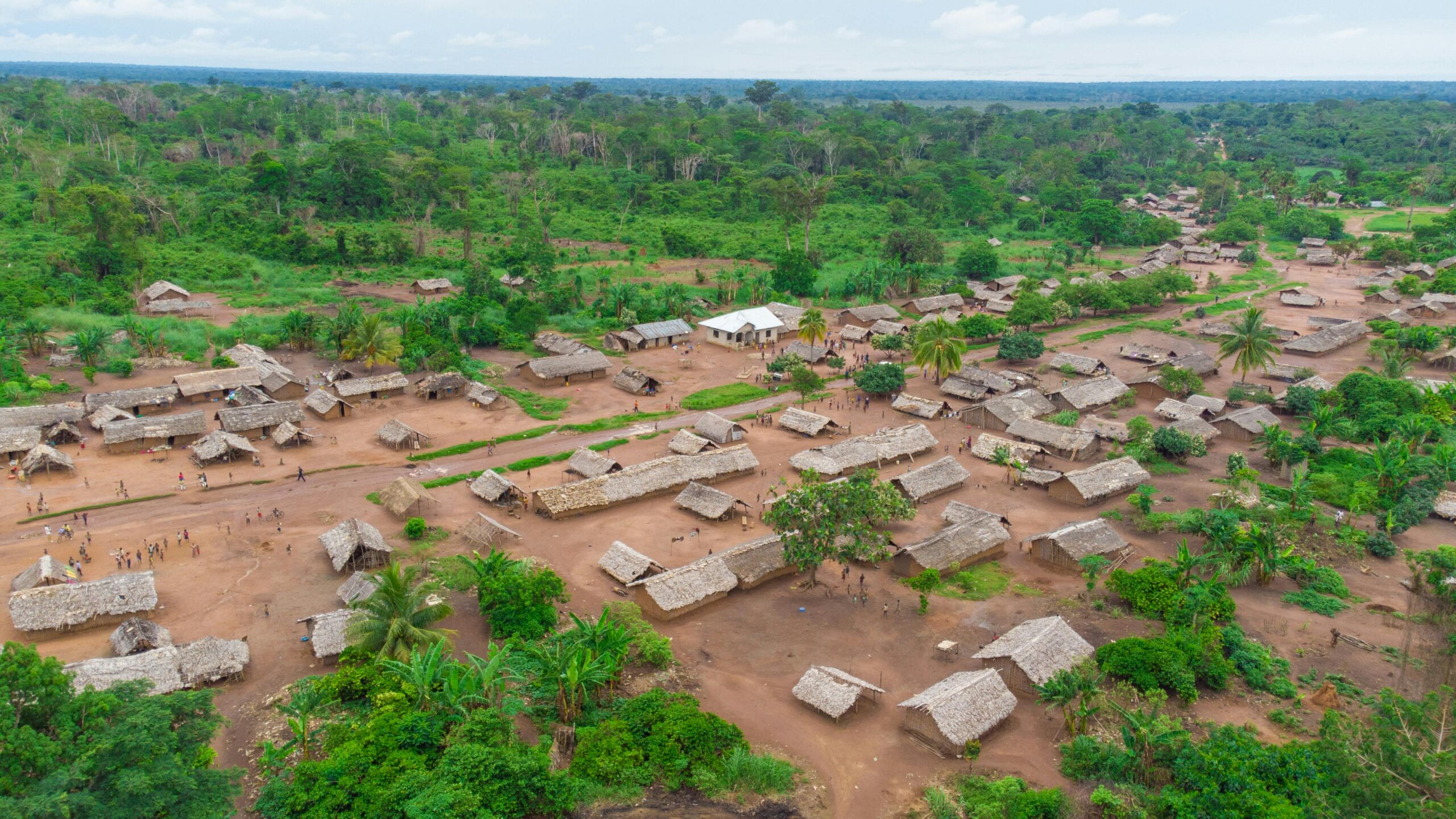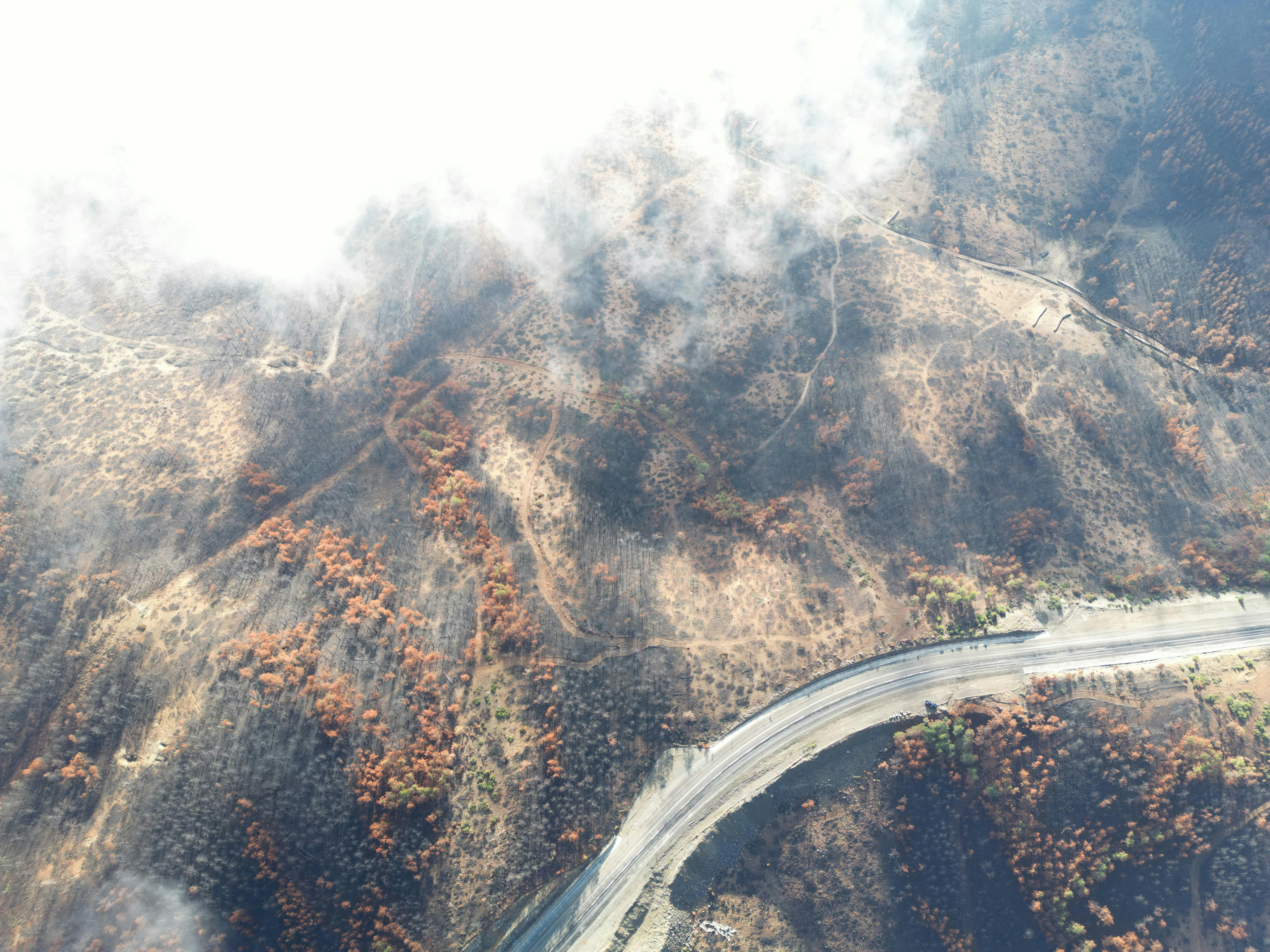In our fast-paced, technology-driven world, the profound connection between human wellbeing and the natural environment has never been more critical to rediscover.
Ecopsychology emerges as a transformative field that bridges the gap between psychological health and environmental consciousness. This interdisciplinary approach recognizes that our mental, emotional, and spiritual wellbeing are intrinsically linked to the health of our planet. As urbanization continues to separate us from natural spaces, understanding and practicing ecopsychology becomes essential for holistic healing and personal growth.
The modern lifestyle often leaves us feeling disconnected, anxious, and spiritually depleted. Studies consistently show that people spending most of their time indoors, surrounded by artificial environments, experience higher rates of depression, stress, and various health issues. Ecopsychology offers a remedy by reestablishing our fundamental relationship with the natural world, recognizing that we are not separate from nature but an integral part of it.
🌿 Understanding Ecopsychology: Where Mind Meets Nature
Ecopsychology is based on the premise that there exists a synergistic relationship between planetary and personal health. This field explores how the human psyche is deeply connected to the Earth, suggesting that environmental destruction reflects and contributes to our inner disconnection and psychological distress.
The roots of ecopsychology can be traced back to various indigenous wisdom traditions that have always recognized the sacred relationship between humans and nature. Modern ecopsychology, formalized in the 1990s by Theodore Roszak and other pioneers, combines insights from depth psychology, ecology, and environmental philosophy to create a comprehensive framework for healing.
This approach challenges the conventional Western mindset that views humans as separate from and superior to nature. Instead, it proposes an ecological identity where our sense of self extends beyond our individual bodies to encompass the larger living systems we inhabit. This expanded consciousness naturally leads to both personal healing and environmental stewardship.
The Science Behind Nature’s Healing Effects 🔬
Research in environmental psychology and neuroscience increasingly validates what ecopsychologists have long claimed: nature exposure significantly benefits mental and physical health. The Japanese practice of shinrin-yoku, or forest bathing, has been extensively studied, revealing measurable reductions in cortisol levels, blood pressure, and heart rate after spending time in wooded areas.
Neuroscientific studies demonstrate that natural environments activate the parasympathetic nervous system, promoting relaxation and recovery. In contrast, urban environments often trigger stress responses, keeping us in a state of heightened alertness. Natural settings also enhance attention restoration, helping overcome mental fatigue and improving cognitive function.
The concept of biophilia, introduced by biologist E.O. Wilson, suggests humans possess an innate tendency to seek connections with nature and other forms of life. This evolutionary perspective explains why exposure to natural elements—even viewing images of nature—can reduce stress, accelerate healing, and enhance overall wellbeing.
Measurable Benefits of Nature Connection
Scientific research has documented numerous specific benefits of regular nature engagement:
- Reduced symptoms of anxiety and depression
- Enhanced immune system function
- Improved concentration and creativity
- Lower inflammation markers in the body
- Better sleep quality and circadian rhythm regulation
- Increased feelings of vitality and life satisfaction
- Enhanced social connection and empathy
🌳 Practical Ecopsychology Practices for Daily Life
Integrating ecopsychology into your routine doesn’t require dramatic lifestyle changes or wilderness expeditions. Simple, consistent practices can profoundly shift your relationship with nature and enhance your wellbeing.
Mindful Nature Walks
Transform ordinary walks into therapeutic experiences by engaging all your senses. Rather than walking through nature distracted by thoughts or devices, practice presence by noticing colors, textures, sounds, and scents. Observe how different weather conditions affect the landscape. Touch tree bark, feel the ground beneath your feet, and breathe deeply, imagining you’re exchanging breath with the plants around you.
Start with just 15-20 minutes several times weekly. As this practice deepens, you’ll develop what ecopsychologists call “ecological awareness”—a felt sense of belonging to the natural world that brings comfort and perspective to daily challenges.
Sit Spot Practice
Choose a specific outdoor location—your backyard, a park, or any accessible natural area—and commit to sitting there regularly at the same time. This practice, borrowed from indigenous tracking traditions, develops intimate knowledge of a place through repeated observation.
Over weeks and months, you’ll notice seasonal changes, animal patterns, and subtle variations that create deep connection. This practice cultivates patience, attention, and the recognition that you are part of the place’s community of life. Many practitioners report that their sit spot becomes a source of solace and wisdom.
Nature Journaling 📝
Combine observation with reflection by keeping a nature journal. Sketch plants and animals, record weather patterns, note your emotional responses to natural phenomena, or simply write about your experiences outdoors. This practice enhances observational skills while creating a personal record of your deepening relationship with nature.
You don’t need artistic talent—simple observations and rough sketches are valuable. The act of slowing down to truly see and document what you notice fundamentally changes your engagement with the natural world.
Ecological Mindfulness Meditation
Practice meditation outdoors, using natural elements as focal points. Focus on the sensation of wind on your skin, the sounds of birds or rustling leaves, or the feeling of earth beneath you. This grounds meditation practice in embodied, sensory experience rather than abstract mental focus.
Expand traditional loving-kindness meditation to include non-human beings. Send goodwill to the trees, soil organisms, waterways, and animals in your area. This practice cultivates what ecopsychologists call “ecological empathy”—the ability to sense and care about the wellbeing of other-than-human life.
🌺 Healing Trauma Through Nature Connection
Ecopsychology offers powerful approaches for addressing psychological trauma. Natural environments provide what psychologists call “soft fascination”—engaging attention gently without overwhelming, creating ideal conditions for nervous system regulation and emotional processing.
For individuals dealing with PTSD, anxiety, or depression, nature-based interventions can complement traditional therapy. The predictability and non-judgmental presence of natural settings creates psychological safety. Unlike human relationships that may trigger painful memories, nature offers consistent, unconditional acceptance.
Wilderness therapy programs demonstrate remarkable success with adolescents and adults struggling with addiction, behavioral issues, and mood disorders. The combination of physical challenge, group support, and immersion in nature catalyzes breakthrough insights and behavioral changes that persist long after programs end.
Somatic Nature Practices
Trauma is stored not just in memories but in the body. Nature engagement supports somatic healing through movement, sensory awareness, and the regulation that occurs when we synchronize with natural rhythms. Walking barefoot on earth, swimming in natural waters, or simply lying on the ground facilitates the discharge of held tension and stress.
These practices activate the ventral vagal system, promoting feelings of safety and social connection. The rhythmic sounds of waves, wind, or rainfall have measurable calming effects on heart rate variability and brain wave patterns.
Cultivating Your Personal Nature Practice 🌱
Building a sustainable ecopsychology practice requires intention and adaptation to your unique circumstances, whether you live in a rural area with abundant nature access or an urban environment where nature connection demands more creativity.
Urban Ecopsychology
City dwellers can practice ecopsychology by developing relationships with street trees, tending container gardens, or visiting urban parks regularly. Notice weeds growing through pavement cracks—these resilient beings offer lessons about persistence and adaptation. Bird watching from your window, observing cloud formations, and tracking sunrise and sunset times all cultivate nature awareness.
Community gardens provide opportunities for both nature connection and social engagement. Growing food connects you to seasonal cycles and ecological processes while building relationships with fellow gardeners who share your values.
Using apps like iNaturalist can enhance your nature observations by helping identify species and connecting you with a global community of naturalists. This bridges technology with nature engagement in supportive ways.
Creating Nature Altars and Sacred Spaces
Bring natural elements indoors through creating small altars with stones, feathers, shells, or seasonal plants. These serve as touchstones for reflection and reminders of your connection to the living world. Change them seasonally to honor natural cycles and maintain fresh engagement.
Designate a corner of your home as a nature sanctuary with plants, natural light, and perhaps a small water feature. This space becomes a refuge for meditation, journaling, or simply sitting quietly when outdoor access is limited.
🌍 The Reciprocal Relationship: From Self-Care to Earth-Care
Authentic ecopsychology recognizes that the relationship between humans and nature is reciprocal. As we receive healing from nature, we naturally feel called to offer care in return. This reciprocity transforms environmental action from obligation into heartfelt response.
When you develop personal relationships with specific places, trees, or ecosystems, conservation becomes personal rather than abstract. You protect what you love, not out of duty but from genuine connection. This shifts environmental engagement from sacrifice to fulfillment.
Practical Earth-Care Actions
Consider these ways to reciprocate the healing you receive from nature:
- Participate in habitat restoration projects in your area
- Reduce consumption and waste as an expression of respect
- Support conservation organizations protecting wild places
- Learn about and advocate for local environmental issues
- Share your nature experiences to inspire others
- Practice ethical foraging and wildcrafting when gathering natural materials
- Create pollinator gardens that support local ecosystems
Seasonal Living and Cyclical Awareness ❄️☀️
Modern life often ignores seasonal rhythms, maintaining constant activity levels and indoor climates year-round. Ecopsychology encourages alignment with natural cycles, recognizing that different seasons offer distinct gifts and call for varying energies.
Winter invites introspection, rest, and dream incubation. Spring calls for emergence, new projects, and growth. Summer supports expansion, abundance, and active engagement. Autumn prompts release, gratitude, and preparation for renewal. Honoring these natural rhythms reduces burnout and creates sustainable patterns of productivity and rest.
Celebrate seasonal transitions through simple rituals—watching the first sunrise of spring, collecting autumn leaves, or noting the winter solstice. These practices anchor you in cyclical rather than purely linear time, connecting personal experiences to larger cosmic patterns.
🧘♀️ Integrating Ecopsychology with Other Healing Modalities
Ecopsychology complements and enhances various therapeutic and spiritual practices. Yoga practitioners might take their practice outdoors, coordinating movements with natural rhythms like sunrise. Therapists increasingly incorporate walk-and-talk therapy, recognizing that nature settings facilitate openness and insight.
Creative arts therapies gain depth when conducted in natural settings or using natural materials. Painting with plant-based pigments, creating sculptures from found natural objects, or composing music inspired by birdsong all deepen both artistic practice and nature connection.
Mindfulness-based stress reduction programs are enriched by nature-based practices. The combination of formal meditation with informal nature awareness creates a comprehensive approach to present-moment engagement and stress management.
Building Community Through Shared Nature Connection 👥
While solitary nature time offers profound benefits, sharing experiences deepens both human relationships and environmental connection. Nature-based community groups provide structure and accountability while introducing social dimensions to ecopsychology practice.
Consider joining or creating a nature connection group that meets regularly for guided walks, skill-sharing, or conservation activities. These communities offer belonging and support while amplifying individual commitment through collective energy and shared purpose.
Intergenerational nature experiences create particularly powerful connections. Sharing nature observations with children, learning plant identification from elders, or participating in community science projects builds bridges across age groups while strengthening community resilience.
🌟 Deepening Your Practice Over Time
Like any meaningful practice, ecopsychology deepens through sustained engagement. Initial experiences might feel awkward or your mind might resist slowing down. Persistence gradually shifts these patterns, revealing layers of connection and insight unavailable to casual observation.
Many practitioners report experiencing what ecopsychologist John Seed calls “the ecological self”—a profound recognition that protecting nature is not altruism but enlightened self-interest, as we are nature protecting itself. This shift from ego to eco fundamentally transforms how we move through the world.
Consider working with an ecotherapist or nature-based coach to deepen your practice, especially if addressing significant psychological challenges. Professional guidance tailored to your needs accelerates healing while ensuring practices remain grounding rather than overwhelming.

Your Journey of Reconnection Begins Now 🌈
The healing power of ecopsychology awaits your engagement. You don’t need perfect circumstances, special equipment, or extensive knowledge to begin. Simply step outside with intention, open your senses, and allow yourself to remember your belonging to the living Earth.
Start small but start consistently. Choose one practice that resonates and commit to it for several weeks. Notice what shifts—in your mood, your perspective, your sense of aliveness. Let your practice evolve organically, guided by curiosity and what brings you genuine connection and joy.
As you reconnect with nature, you’ll likely discover that you’re not healing from nature but with nature, as nature. This recognition—that you are an integral part of the web of life rather than a separate observer—carries profound implications for both personal wellbeing and planetary health.
The natural world has been waiting patiently for your return. Every moment offers an opportunity to remember, to reconnect, and to experience the healing that flows from acknowledging your place in the magnificent, living cosmos. Your journey of ecopsychological awakening nurtures not only your own mind, body, and spirit but contributes to the healing of our collective relationship with the Earth that sustains us all.
Toni Santos is an eco-spirituality researcher and planetary healing writer exploring how earth-based rituals, nature-centred philosophy and sacred ecology reconnect humanity with the living planet. Through his work on environment, consciousness and ritual, Toni examines how our relationship with Earth influences our awakening and actions. Passionate about land-wisdom, ritual practice and ecological integration, Toni focuses on how spiritual life can emerge from ecological awareness and how healing flows from land, water and community. His work highlights the union of ecology, mind and spirit — guiding readers toward a more grounded, relational, and sacred life. Blending ritual studies, environmental philosophy and ecological design, Toni writes about the human-earth story — helping readers understand how living systems, community and meaning intertwine in planetary healing. His work is a tribute to: The sacred connection between humanity and Earth’s living systems The power of ritual to rekindle land-memory and collective renewal The vision of ecology as sacred, relational and transformational Whether you are a ritual practitioner, ecological thinker or planet-healer, Toni Santos invites you to explore the path of planetary awakening — one ritual, one ecosystem, one transformation at a time.




